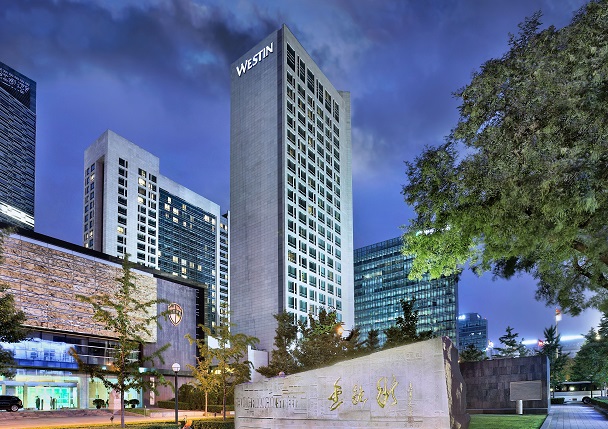On Friday US president Donald Trump, enraged that China had just slapped $75 billion of retaliatory tariffs on US goods, ordered US companies to start thinking about leaving China via a tweet. He had the authority to do so, he said in a further tweet, under the International Emergency Economic Powers Act of 1977.
Since then representatives from his administration have tried the soothe the business community, saying that the president is unlikely to take this step.
Even so, both sides of the trade war between the US and China have dug in and businesses are becoming paralyzed by the uncertainty.
So it is worth reviewing the role China plays for foreign CRE investors—including US companies—in commercial real estate. Bottom line: if Trump were to take the drastic step of following through with his directive, it would lock out US companies from a highly liquid and competitive global market.
Simply put, China's commercial real estate market has been the second-most liquid in the world this year, driven by an increase in both foreign and domestic investment, according to JLL. Also, commercial real estate transaction volumes in the country hit a record high $25 billion in the first half of 2019. "The result was driven by a bumper first quarter, when investment volumes rose 174% year-on-year to $17 billion," according to JLL.
In addition, targeted stimulus from Beijing has increased pressure on owners and boosted supply in the investment market, JLL said.
"The market has gradually shifted from one of sellers to one of buyers, with increasing supply and a prevailing wait-and-see sentiment," says Sigrid Zhou, research director of Capital Markets for JLL China. "Deep pocket investors are showing confidence in China's growth by continuing to seek suitable assets."
Much of the activity has been focused on Shanghai with $10.9 billion of transactions in the first half of this year, making it the fourth most liquid city in the world, behind only New York, Tokyo and Paris. For the same period last year, Shanghai was ranked 10th.
JLL points to the Landsea Group joint venture fund's recent acquisition of an office property in Shanghai an example of activity.
"Shanghai's position as a global gateway city has been cemented by the depth and liquidity of its real estate market," says Daniel Yao, head of Research for JLL China. "It can compete with any city in the world in terms of quality real estate development, transport infrastructure and the depth of its tenant market."
© Touchpoint Markets, All Rights Reserved. Request academic re-use from www.copyright.com. All other uses, submit a request to [email protected]. For more inforrmation visit Asset & Logo Licensing.








